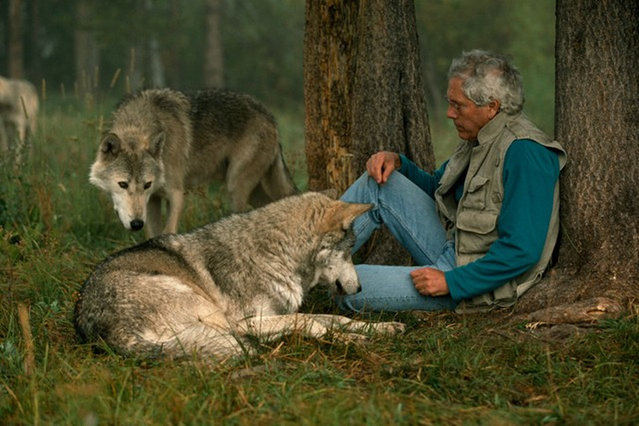12 Jun 2015 08:12:00,post received
0 comments
Details
Details
22 Jun 2015 15:12:00,post received
0 comments
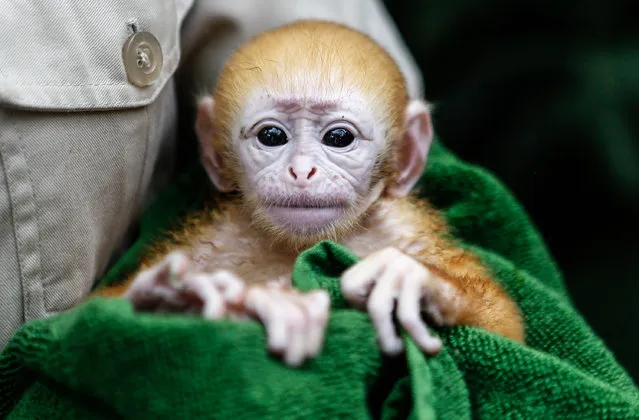
A zookeeper handles a week-old newborn baby Langur at Bali Zoo on June 19, 2014 in Gianyar, Bali, Indonesia. Javan Langurs are found in Java, Bali and Lombok in Indonesia and are listed as a threatened species due to hunting, agricultural expansion and habitat loss. (Photo by Putu Sayoga/Getty Images)
20 Jun 2014 11:20:00,post received
0 comments
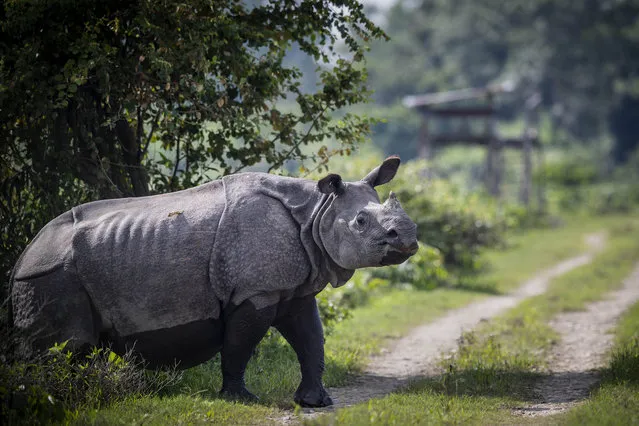
A one-horned rhinoceros crosses a road inside Kaziranga national park on the eve of the World Rhino Day in Gauhati, India, Tuesday, September 21, 2021. Kaziranga is home to nearly 2,500 one-horned rhinos and is the world’s largest habitat for the rare animal. (Photo by Anupam Nath/AP Photo)
06 Oct 2021 07:58:00,post received
0 comments
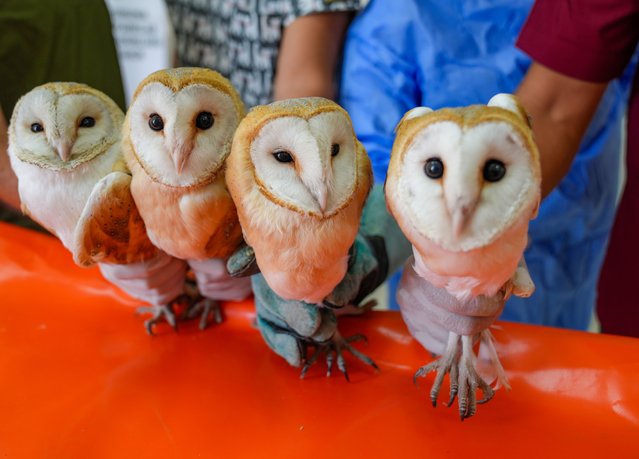
Four orphan barn owl chicks were found weak from hunger and thirst after their mother's death, are under treatment at the Dicle Wildlife Rescue and Rehabilitation Center before being released back into their natural habitat on September 23, 2025, in Diyarbakir, Turkiye. (Photo by Bestami Bodruk/Anadolu via Getty Images)
05 Oct 2025 03:51:00,post received
0 comments
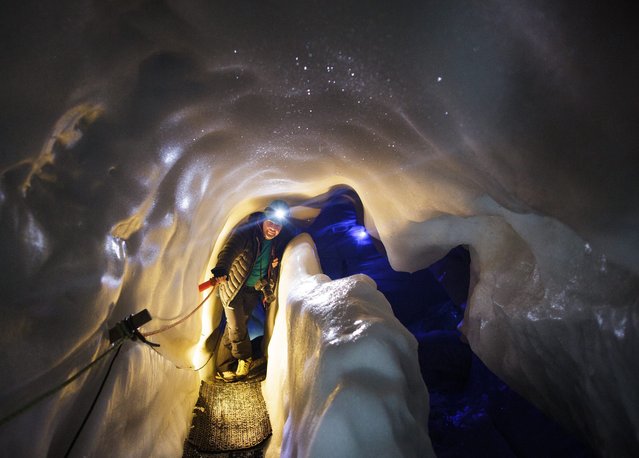
A tourist walks inside the Ice Palace glacier hollow at Hintertux glacier, located at around 3250 meters above sea level, in Zillertal, Austria, 02 March, 2016. The hollow's temperature remains constant at 0 degrees Celsius, in summer and winter alike, and is also used by the University of Innsbruck for scientific research projects. (Photo by Lisi Niesner/EPA)
03 Mar 2016 11:44:00,post received
0 comments
Details
17 Jan 2014 15:02:00,post received
0 comments

